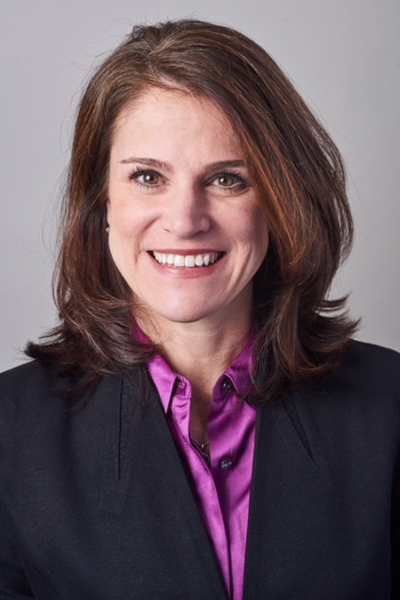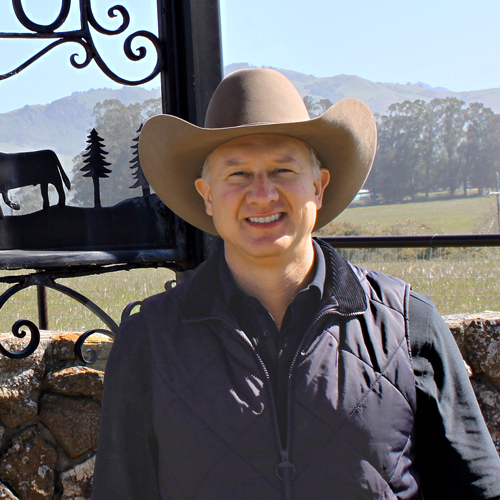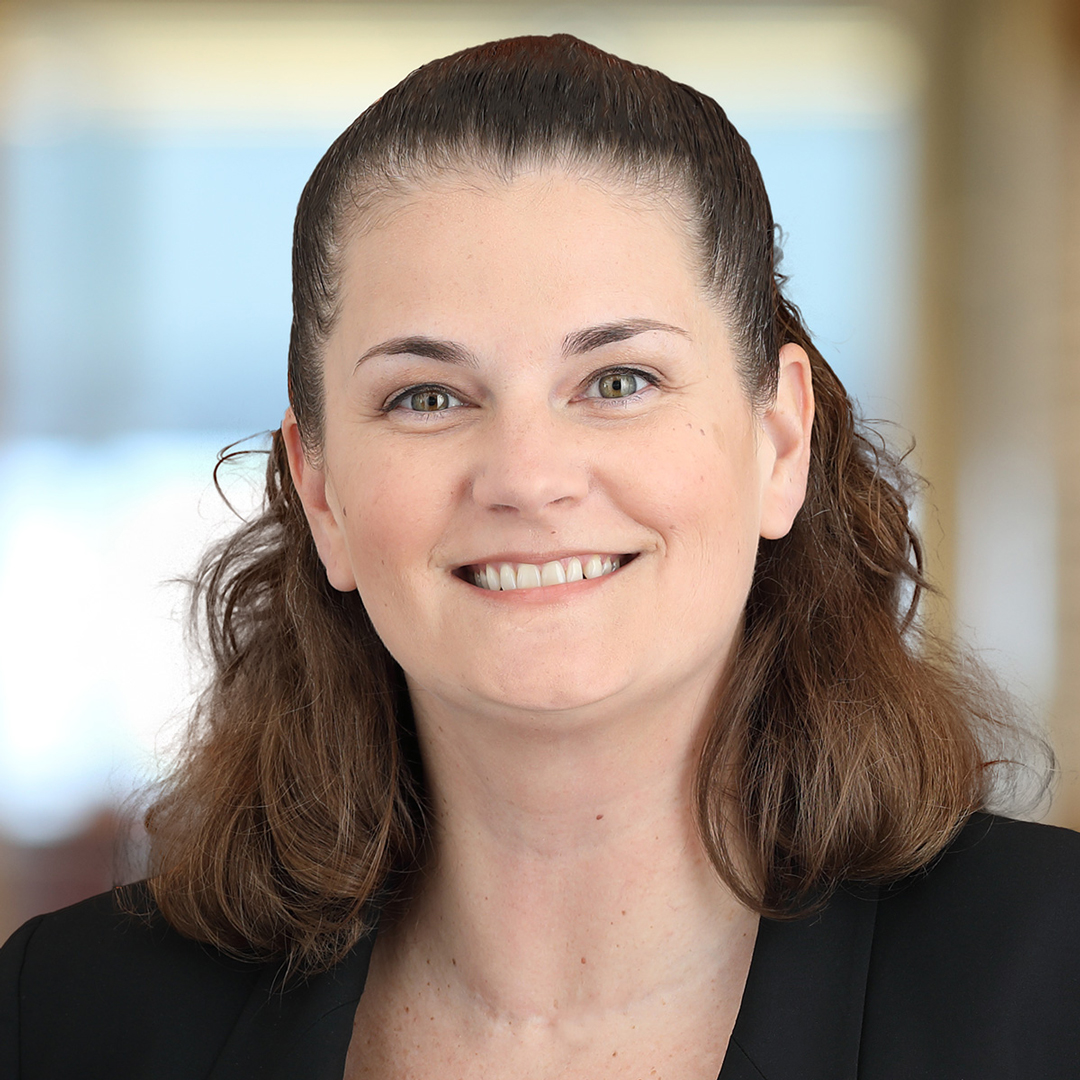A recent college graduate, Leslie Pardo was on a temporary assignment with PVH at the 1998 U.S. Open when fate reared its head. Impressed by her work ethic, the apparel company offered her a gig in design and construction, a field that’s a far cry from her degrees in education and psychology. But, despite having little experience in the field of architecture, she took the gig.
“I’ve never been one to say no to a challenge,” she says.

Now, two decades later, she’s scaled the corporate hierarchy and settled into a position overseeing the company’s international store construction. When she started, Pardo worked as a project manager, traveling all over the country opening up stores for PVH’s myriad brands, which include heavy hitters such as Tommy Hilfiger, Calvin Klein, and Van Heusen. As she evolved through supervisory and directorial roles, Pardo found herself bringing stores to Canada, Puerto Rico, and Guam.
“Between the US, Canada, Guam, and Puerto Rico, we have just shy of 800 stores,” she says. “I’d say that over time I’ve probably touched at least three-quarters of them, whether that’s having built them, renovated them, or expanded upon them.”
Every day is different, she says, and it’s that relentless spontaneity and the variety of challenges that’s kept her at PVH.
That, and the people. Pardo’s current boss is the same one she had 20 years ago, and she credits her as both a mentor and a friend. “She’s shown me what it’s like to work in a corporate role and still maintain values, to always do the right thing.” As a leader herself, Pardo says she operates similarly, describing her leadership style as fair, kind, and approachable. It must be working because she notes that her colleagues have worked by her side for 12 to 15 years. “We know each other and what each other wants. We know what our expectations are.”
That level of consistency and familiarity is rare for a business that’s grown like PVH. Over the years, the company’s organic growth and numerous acquisitions have undoubtedly altered its scope and vision, but Pardo notes that PVH has, through it all, maintained “the mentality of being a family.” Pardo credits this warm, familiar environment for helping her and her team keep up with projects that pack tight timelines and strict budgets.
The challenges of her position are numerous, and change from store to store and country to country. Different municipalities and endless permits and tough inspections often call for Pardo to “reinvent the wheel” in terms of process, though she says the need to stay creative keeps the job interesting.
There’s also what Pardo calls “special projects,” which involve small tweaks to help update a store’s brand identity. “These projects can sometimes take as much time as building a brand new store because it’s so intricate and you’re also trying to work with a store that’s still open and operating.” That raises a number of questions regarding how best to execute this work without impacting the store’s sales.
One of the biggest challenges, she notes, was in PVH’s recent work in Puerto Rico. After the archipelago was ravaged by hurricanes last year, many were put out of work due to both the widespread lack of power and the destruction of numerous buildings, offices, and shopping centers. PVH’s brands have a large presence there—Puerto Rico serves as home to some of their highest-grossing locations—and Pardo notes that several stores in one decimated complex needed to be gutted and completely rebuilt.
“Between the US, Canada, Guam, and Puerto Rico, we have just shy of 800 stores. I’d say that over time I’ve probably touched at least three-quarters of them, whether that’s having built them, renovated them, or expanded upon them.”
Since PVH manufactures its goods in the US, Pardo says it was difficult to ship materials to Puerto Rico due to the hurricane’s impact on local infrastructure. The simple act of navigating traffic and the territory’s landscape has made rebuilding its stores a major challenge.
The good news is that the complex has undergone a “huge facelift” and PVH’s locations will open again for business when the complex reopens in May. But, while the completion of a project is exciting for Pardo, what’s truly satisfying relates to what she calls “the human aspect” of construction. By rebuilding these stores and opening their doors, a number of Puerto Ricans will be able to get back to work and rebuild their lives.
“I was in Puerto Rico earlier this year with our insurance adjuster and the people there were so grateful to have us come in and help them get back to work,” she says. “It’s a way of helping them return to normalcy, to get back the purpose that comes with getting up every day and going into work.”
She adds, “When you look at it through the lens of helping people get back to work, that’s pretty important.”


